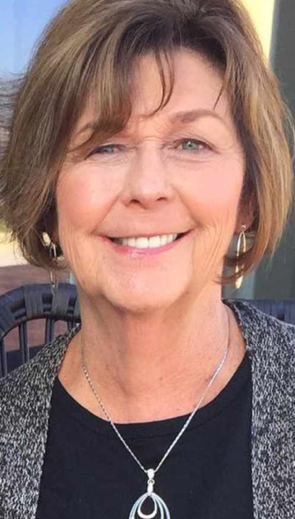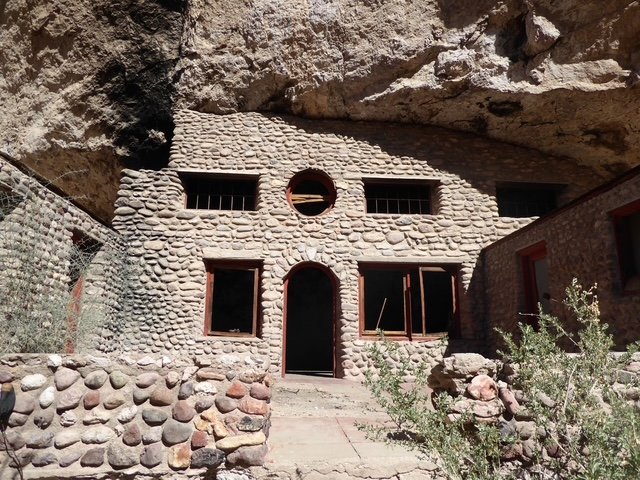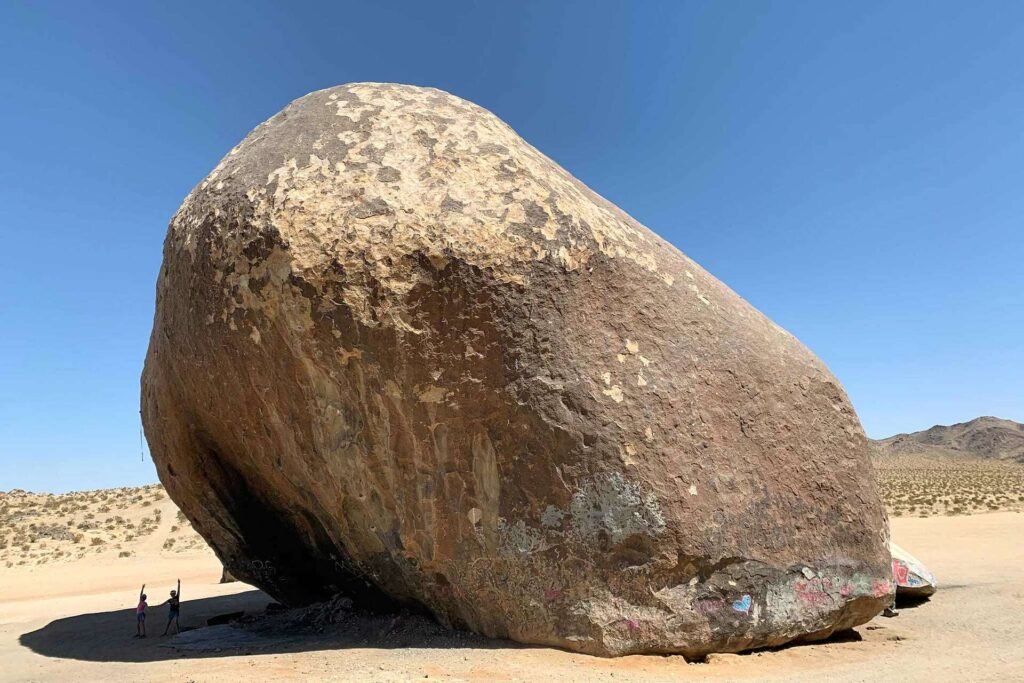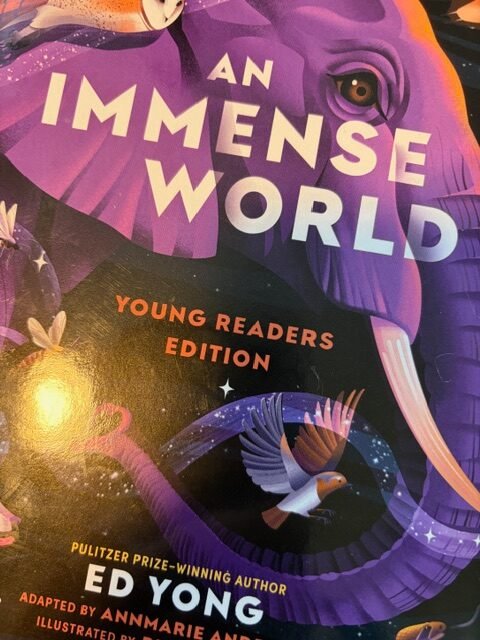Impediments to truth
Nancy Guthrie is still missing. At least as of noon MST on Tuesday, February 10.
Along with so many others I pray for a safe conclusion to this event. And soon.

I can only imagine how this is weighing on the family. From what I can observe, they appear to be holding it together pretty well. But there must be moments of sadness, anger, hope, futility. Family members have been the object of suspicion, at least at the gossip level. That’s the last place anyone should be judged, yet often it’s the first stop we make just trying to find the truth. Whatever that is.
I was a journalism major in college, later working some fifteen years for daily newspapers. That experience lends credibility to what I believe about the sometimes messy business of reporting the news.
You’ve got a deadline. You’ve got competition. You’ve got a boss who doesn’t want to be scooped.
You don’t want to be scooped.
You want to save your time for rooting out new angles, genuine updates, following law enforcement, following tips, and so on.
Nothing wrong with any of that. Except. In a race to deadline it’s very tempting to pick up what you’ve already run and slap it in there as background.
In so doing, it’s really easy to pick up something that was never factual, and you run it yet again.
There’s a good example from the Guthrie case.
Early on, news reports agreed that the family was alerted by a church friend when Nancy had not showed up for church Sunday morning, February 1. That was picked up and shared broadly. Why not?
The problem is the picture it created in readers’/viewers’ minds.
Many accounts since have picked up and run with this version. The problem? Nancy has not attended in-person church since COVID. Six-plus years ago
According to a story published today, the friend was wanting to set the record straight: since COVID, several women gather at another’s home on Sunday mornings to “attend” an online-church from New York. The article said that it is the church Savannah attends.
Maybe you think, so what? What difference does it make? Here’s how it created a difference for me.
BTW, I am an ordained Episcopal priest, and have wondered why a church friend would feel it so important to let the family know so quickly that their Mom was a no-show at church. I strongly suspected that some detail was missing.
What’s factual is that this friend did inform the family. What isn’t factual is that this was connected to a Tucson church. We are still free to attend or not attend a church service in its building. An absence here or there wouldn’t automatically trigger a call to family.
But a no-show to a friend’s house is a much different situation.
So my practice is to be suspicious while reading or viewing the news, and if something just doesn’t add up right, call the reporter and check it out. They want it right, also.
Dear God, we pray for the safe return of Nancy Guthrie, and for peace of heart and mind for her family. Amen.



